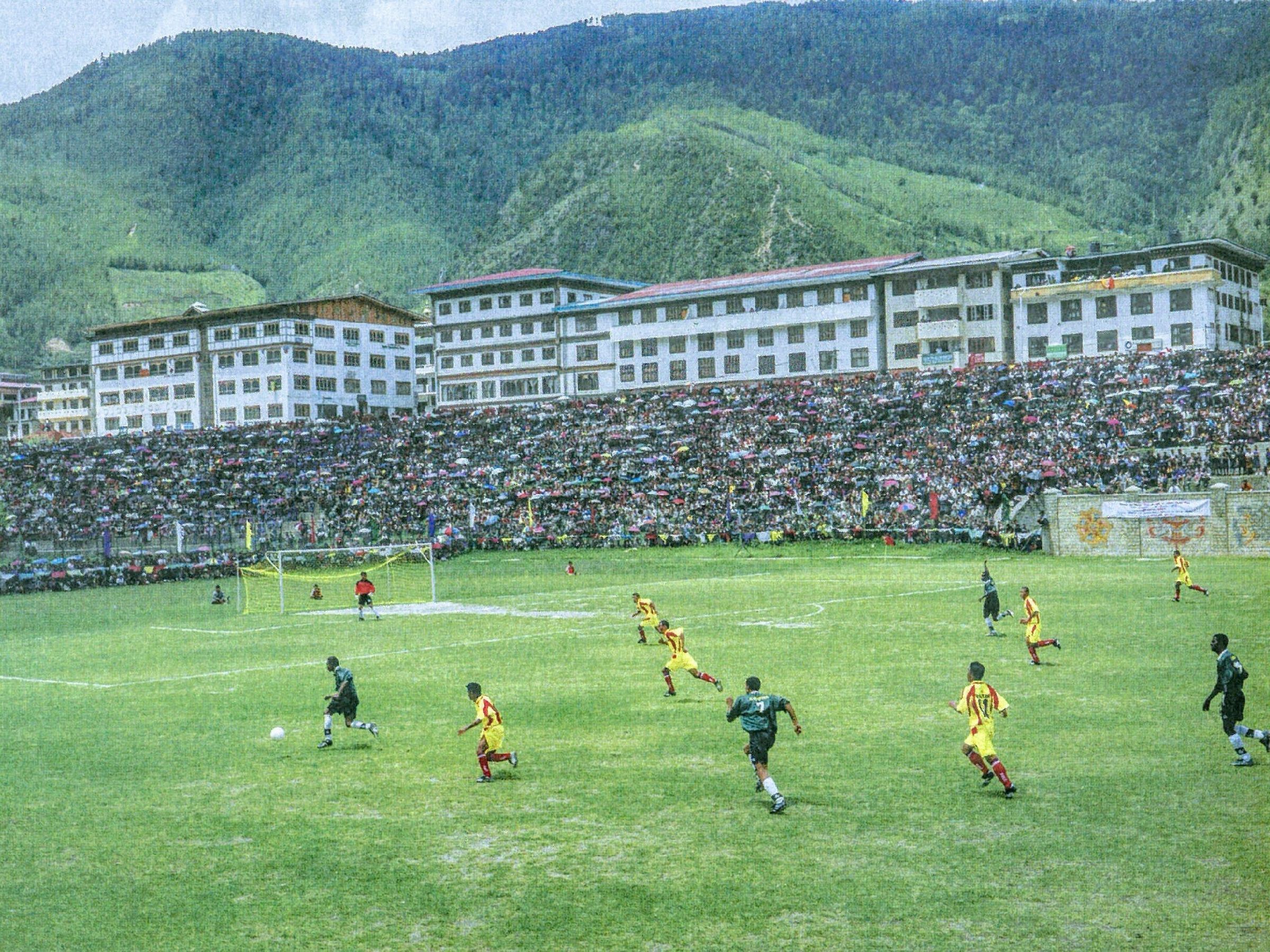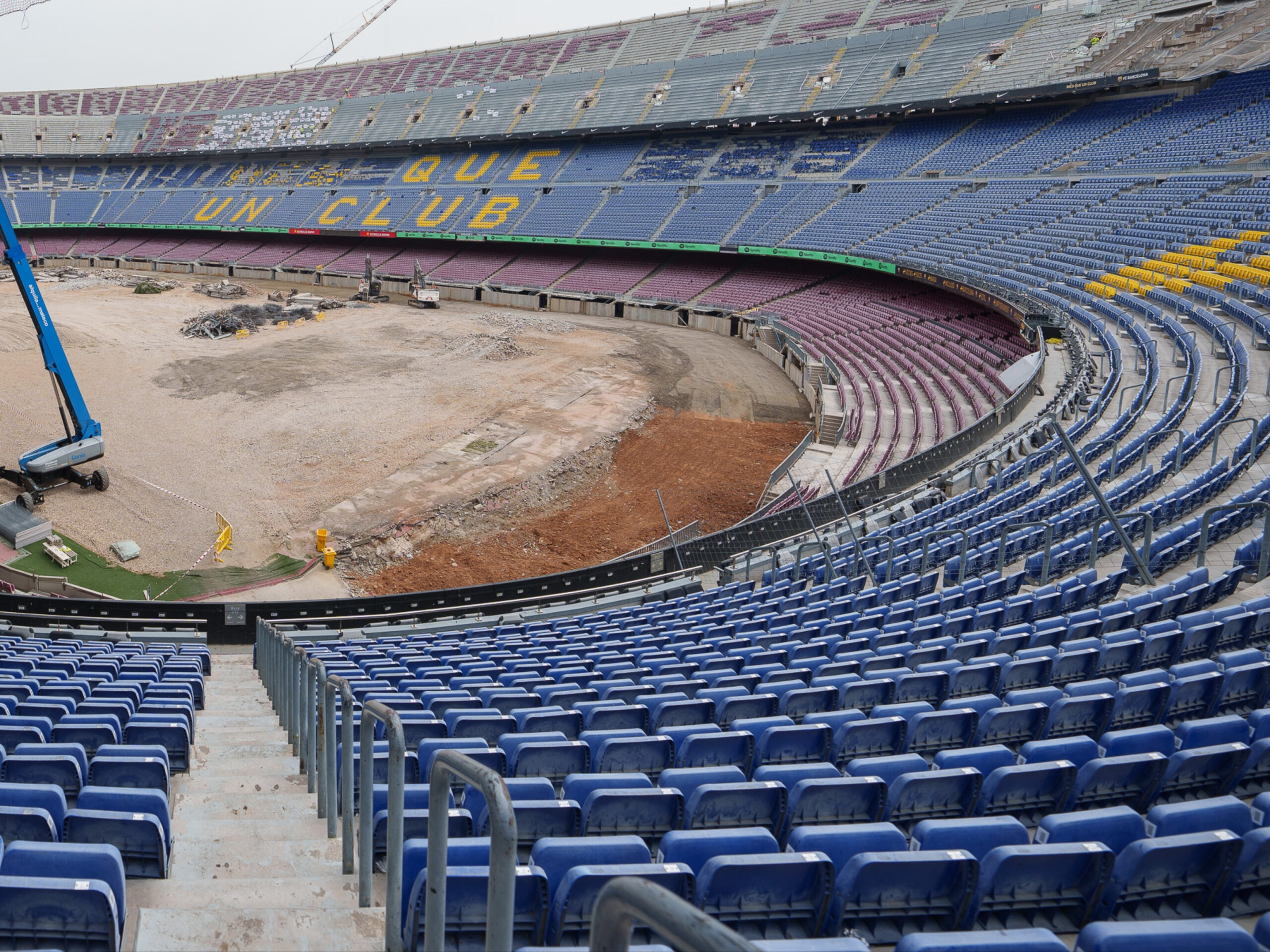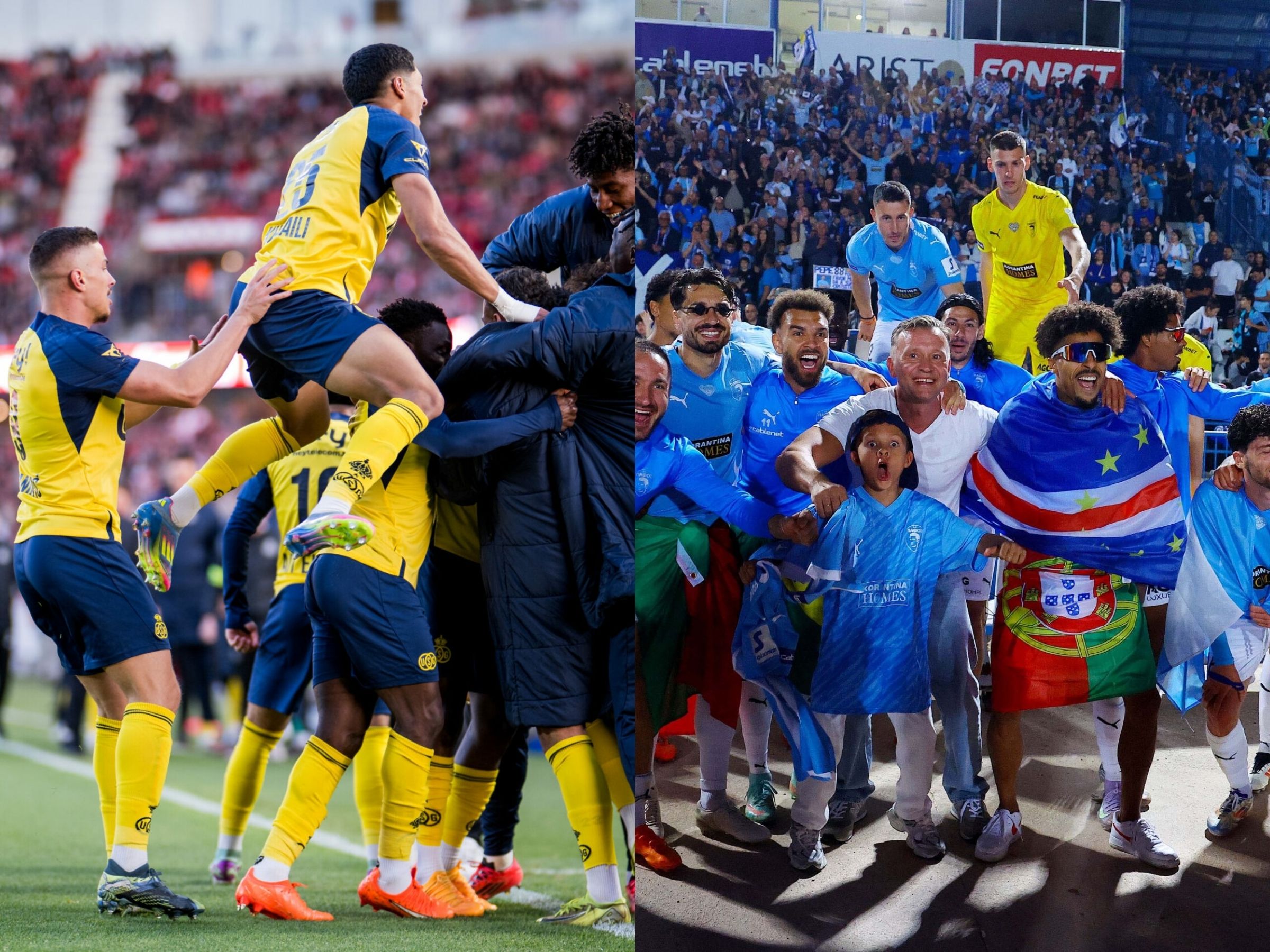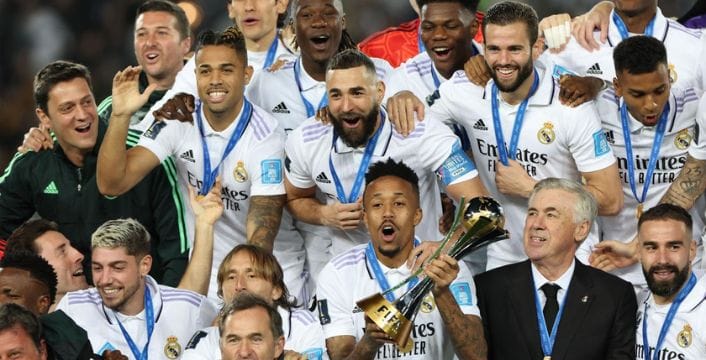
FIFA had been planning to introduce an expanded format for the Club World Cup since 2016, and in 2025, its inaugural edition featuring 32 of the world’s best teams will finally kick off.
This new format has sparked significant debate, with FIFPRO and other players’ unions criticizing the additional workload it imposes on players. The extended schedule, set for June and July, means some players will have only a brief break before returning for the 2025/26 pre-season, adding strain to an already demanding calendar.
Despite these concerns, the tournament is set to be a coveted prize for clubs. Beyond the trophy itself, the bragging rights would be immense—this isn’t just a competition among Europe’s finest but a global showcase of talent.
However, the introduction of this revamped tournament marks the end of the Club World Cup as we’ve known it since 2000. Before saying goodbye to the current format, let’s take a moment to revisit all the winners of its previous editions.
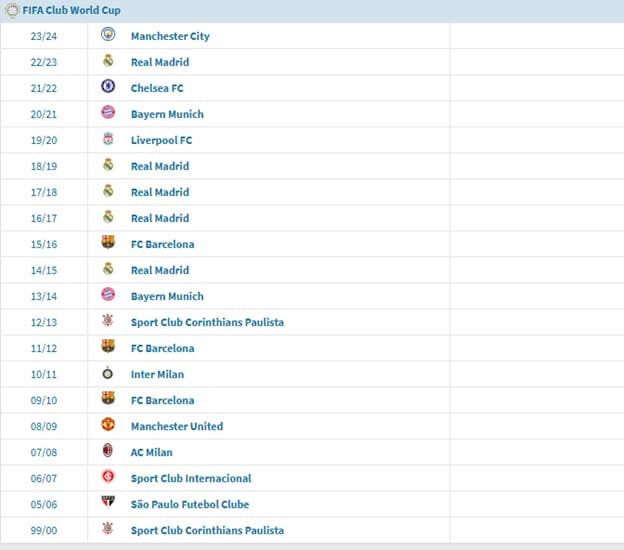
Source- Transfermarkt
As record European champions, it’s no surprise that Real Madrid is also the most successful team on the world stage, having won the FIFA Club World Cup five times. However, they had to wait until 2014 to secure their first title.
To qualify for the Club World Cup, teams needed to win their respective continental competitions. Real Madrid met that criterion by claiming the UEFA Champions League titles in 2000 and 2002. However, due to financial difficulties, the tournament was canceled in both 2001 and 2003.
In fact, the competition only returned in 2005.
Aside from Real Madrid, the other clubs to have won multiple FIFA Club World Cups are Barcelona (3), Bayern Munich (2), and Corinthians (2).
The expanded edition of the FIFA Club World Cup was initially scheduled to take place in China in 2021. However, due to the COVID-19 pandemic, FIFA decided to postpone the tournament and spent the next four years gradually announcing the participants for what promises to be a blockbuster event on paper.
Earlier this month, FIFA conducted a draw—where US President Elect Donald Trump spoke—to determine the group stage lineups. The format was officially confirmed to mirror that of the FIFA World Cup, with one key exception: the third-place playoff games have been deemed unnecessary.
The eight groups are:
Group A:
Plameiras (Brazil)
Porto (Portugal)
Al Ahly (Egypt)
Inter Miami (USA)
Group B:
Paris Saint Germain (France)
Atletico Madrid (Spain)
Botafogo (Brazil)
Seattle Sounders (USA)
Group C:
Bayern Munich (Germany)
Auckland City (New Zealand)
Boca Juniors (Argentina)
Benfica (Portugal)
Group D:
Flamengo (Brazil)
Esperance de Tunis (Tunisia)
Chelsea (England)
Leon (Mexico)
Group E:
River Plate (Argentina)
Urawa Red Diamonds (Japan)
Monterrey (Mexico)
Inter (Italy)
The #FIFACWC group stage draw. ✔️#TakeItToTheWorld pic.twitter.com/4GOctX7MgI
— FIFA Club World Cup (@FIFACWC) December 5, 2024
Group F:
Fluminense (Brazil)
Borussia Dortmund (Germany)
Ulsan HD (South Korea)
Mamelodi Sundowns (South Africa)
Group G:
Manchester City (England)
Wydad AC (Morocco)
Al Ain (United Arab Emirates)
Juventus (Italy)
Group H:
Real Madrid (Spain)
Al Hilal (Saudi Arabia)
Pachuca (Mexico)
Red Bull Salzburg (Austria)
FIFA has introduced a new tournament, the Intercontinental Cup, to replace the old format. This streamlined competition features just six teams, one from each continent, as FIFA aimed to keep it small. Unlike previous tournaments, this one isn’t hosted in a single country over a short period. Instead, matches are spread out, with the final scheduled for December 18th in Lusail, Qatar. The first round, however, took place back in September.
Teams Competing:
- Real Madrid (2023/24 UEFA Champions League winner)
- Al Ahly (2023/24 CAF Champions League winner)
- Pachuca (2024 CONCACAF Champions Cup winner)
- Botafogo (2024 Copa Libertadores winner)
- Al Ain (2023/24 AFC Champions League winner)
- Auckland City FC (2024 OFC Champions League winner)
FIFA has prioritized UEFA clubs, meaning Real Madrid will skip the earlier rounds and head straight to the final.
As of 2024, there will be an annual FIFA club competition – the FIFA Intercontinental Cup.
The tournament will feature all current confederation premier club competition champions and concludes with a final at a neutral venue between the UEFA Champions League winners and the… pic.twitter.com/rIspRAl7Zq
— FIFA (@FIFAcom) December 17, 2023
Tournament Structure:
The matches are organized in an interesting bracket:
- African-Asian-Pacific Playoff:
Al Ain defeated Auckland City FC 6-2 in this opening match. - Intercontinental Cup Playoff:
Al Ain faced Al Ahly in Cairo on October 29th. Al Ahly won 3-0 to qualify for the Challenger Cup. - Derby of the Americas:
A CONCACAF vs. CONMEBOL clash between Pachuca and Botafogo is set for December 11th. - Challenger Cup:
The winner of the Derby of the Americas will play Al Ahly for a spot in the final against Real Madrid.
Final:
The final match, featuring Real Madrid and the Challenger Cup winner, will take place on December 18th.


